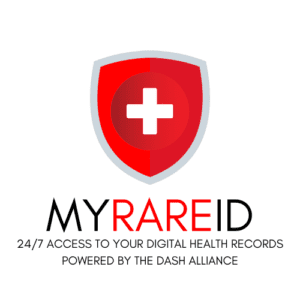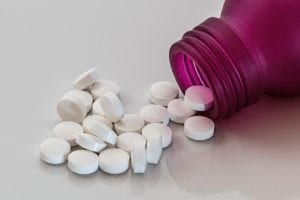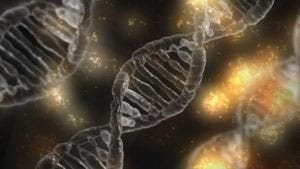Addison’s Disease
What is Addison’s disease?
Addison’s disease occurs when the body does not produce enough amounts of certain hormones produced by your adrenal glands; specifically cortisol and aldosterone as well. The adrenal glands are above the kidneys. Cortisol stimulates nutrient flow, regulates the body’s response to inflammation, alerts the liver to raise blood sugar, and helps control the amount of water in the body. Aldosterone regulates salt and water levels which affects blood volume and pressure. Addison’s disease affects between 100 and 150 of every 1 million people.What are the symptoms of Addison’s disease?
- Fatigue
- Loss of appetite
- Weight loss
- Low blood pressure
- Nausea
- Skin darkening, due to lack of cortisol
- Craving for salty foods
- Fainting
- Irritability, depression
What causes Addison’s disease?
Addison’s disease is developed when adrenal glands are damaged, producing insufficient amounts of the cortisol and aldosterone. The major cause of Addison’s is from an autoimmune reaction in which the body’s immune system produces antibodies that attack the cells of the adrenal cortex and slowly destroys them. Less common causes of Addison’s disease include:- Chronic infections such as tuberculosis or fungal infections,
- Cancer cells
- CMV virus in association with AIDS
- A serious hemorrhage into the adrenals during shock
- The surgical removal of both adrenal glands
How is Addison’s disease diagnosed?
Addison’s disease is often diagnosed after clinical evaluation, detailed patient history, and identification of characteristic symptoms. A diagnosis may be confirmed through a variety of specialized tests including:- ACTH stimulation test,
- Insulin-induced hypoglycemia test
- X-ray
- Blood test
- Imaging tests
What are the treatments for Addison’s disease?
Addison’s disease is caused by the lack of cortisol and aldosterone, therefore the treatment is to replace these with similar steroids. The mostly commonly prescribed include:- Oral corticosteroids – may be used to replace cortisol
- Corticosteroid injections – if cannot be taken orally
- Fludrocortisone tablet – may be used to replace aldosterone
Where can I find out more about focal Addison’s disease?
Addison's Articles



How “My Rare ID” Supports the Rare Disease Community: An Interview with Jeff Lord (Pt. 2)
Jessica Lynn
October 6, 2022
Read More »

How “My Rare ID” Supports the Rare Disease Community: An Interview with Jeff Lord (Pt. 1)
Jessica Lynn
October 5, 2022
Read More »


Isturisa for Cushing’s Disease Raises Adrenal Insufficiency Risk
Jessica Lynn
July 20, 2021
Read More »


An Addison’s Disease Story: Multiple Rare Diagnoses Often Means a Longer Waiting Game
Trudy Horsting
June 27, 2019
Read More »



